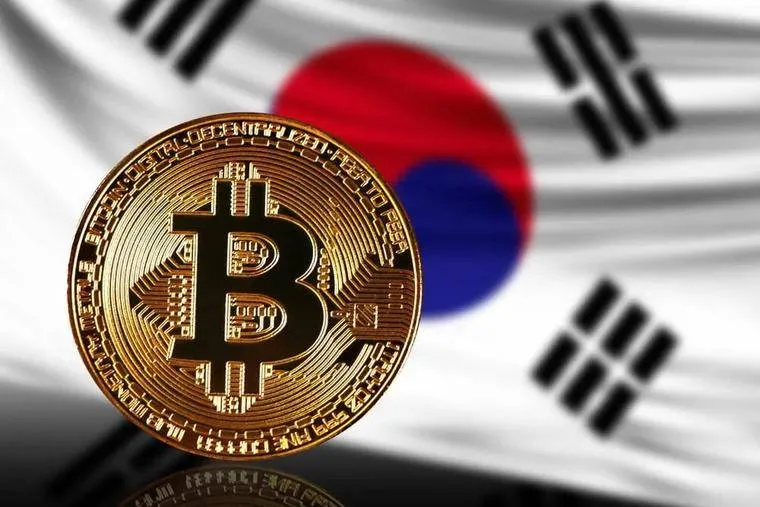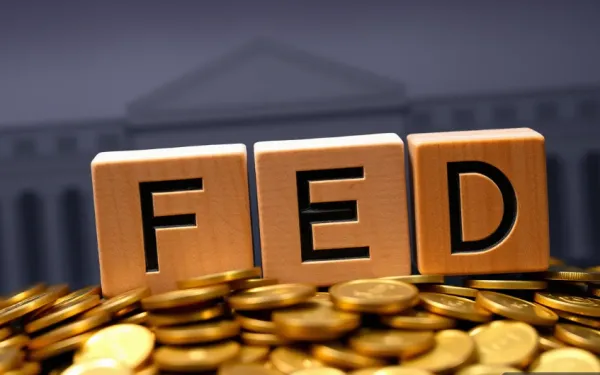Philippines suddenly blocks OKX and other platforms, reigniting Asia's crypto regulatory storm
Summary:The Philippines has blocked several unlicensed cryptocurrency exchanges, Singapore's Tokenize Xchange experienced a withdrawal crisis and faces a class-action lawsuit, India froze $5 million in assets of Coinbase Pro phishing scammers, and South Korea's Coinone sold crypto assets for the first time under new regulations. These incidents reflect the tightening of regulation in many Asian countries regarding the crypto industry. Investors should remain cautious amidst policy fluctuations and focus on compliant trading platforms. #CryptocurrencyRegulation #ExchangeBlock #AssetFreeze #WithdrawalCrisis #InvestmentRisk
Philippines blocks unlicensed cryptocurrency exchanges
According to news from the Philippine crypto community, local internet service providers have blocked access to 10 unlicensed exchanges, including OKX, Bybit, and Bitget (Source: Philippine SEC announcement). While mobile apps are currently still available, based on the precedent set by the Binance case in 2024, app access may soon be blocked as well.
Regulators stressed that crypto trading remains legal in the Philippines, but must be conducted through licensed platforms. Some investors complain that the currencies and prices on regulated exchanges are not as attractive as those on blocked platforms.
The Philippines' move reflects the Southeast Asian market's zero-tolerance attitude towards unlicensed exchanges, which may increase the risk of users migrating to overseas platforms in the short term.
India freezes assets of Coinbase Pro scammers
India's Enforcement Directorate (ED) has frozen assets worth 428 million rupees (approximately $5 million) belonging to fraudster Chirag Tomar (source: ED announcement). He is currently serving a five-year sentence in the United States for operating a fake Coinbase Pro website that stole user login credentials. The fraudulent funds were converted into rupees through crypto wallets and peer-to-peer platforms and deposited into personal and family accounts.
The investigation also found that fraud gangs used SEO methods to push phishing websites to the top of search results. Recently, phishing sites imitating DappRadar still appeared in Bing search results.
Singapore Tokenize Xchange Withdrawal Crisis
Singapore's Tokenize Xchange suspended trading after its license was rejected, triggering a wave of withdrawal delays (Source: The Straits Times). Over 100 investors are planning a class action lawsuit involving approximately 40 million Singapore dollars. The Monetary Authority of Singapore (MAS) accused the platform of failing to segregate customer assets from company funds and suspected misrepresentation in its license application. Founder Hong Qiyu has been charged with fraudulent trading and faces up to seven years in prison.
Although the platform promised that users could transfer assets to other exchanges, most people still reported that they were unable to withdraw their funds.
South Korea's Coinone sells crypto assets in compliance with regulations for the first time
South Korean exchange Coinone has become the first platform to sell its own crypto assets in accordance with the new regulations in June. It plans to sell 10 BTC, 300 ETH, 200,000 XRP and 40,000 ADA through Upbit and Korbit, with a total value of approximately 4.1 billion won (data source: Coinone announcement).
Under the regulations, exchanges must use at least two fiat-to-crypto exchanges when selling assets, and their assets must be ranked among the top 20 globally by market capitalization. This policy paves the way for institutional entry into the market, potentially changing the structure of South Korea's crypto trading landscape and contributing to long-term market transparency.

Market observations and strategic recommendations
Recent regulatory actions indicate that many Asian countries are strengthening their scrutiny and enforcement of cryptocurrency exchanges. This may dampen market speculation in the short term and encourage a greater concentration of funds in compliant platforms. Conservative investors can moderate their reliance on high-risk, unlicensed exchanges and increase the proportion of assets held in regulated exchanges or custodians. Investors with a higher risk appetite should prepare for potential policy fluctuations and liquidity constraints. In an environment of high uncertainty, maintaining a diversified portfolio and the flexibility to adjust positions at any time will help balance potential returns and risks.
Cryptocurrency regulations continue to tighten in many Asian countries. Investors should closely monitor policy changes and promptly adjust their asset allocation to ensure liquidity and security. Whether trading, depositing, or transferring funds, exchanges that are compliant, transparent, and provide segregated funds should be prioritized.
Want to be the first to grasp global market trends and investment opportunities? Follow us on BrokerHiveX for the latest in-depth analysis and real-time information!
Further reading
⚠️Risk Warning and Disclaimer
BrokerHivex is a financial media platform that displays information from the public internet or user-uploaded content. BrokerHivex does not support any trading platform or instrument. We are not responsible for any trading disputes or losses arising from the use of this information. Please note that the information displayed on the platform may be delayed, and users should independently verify its accuracy.


